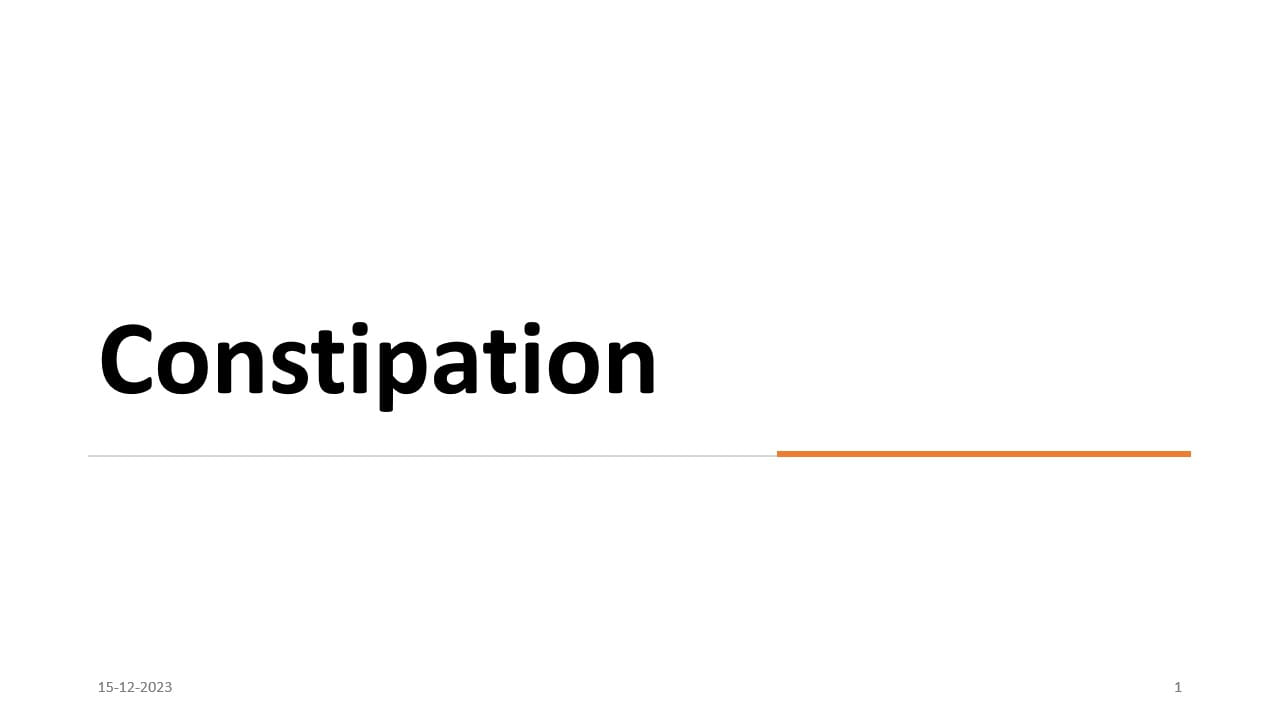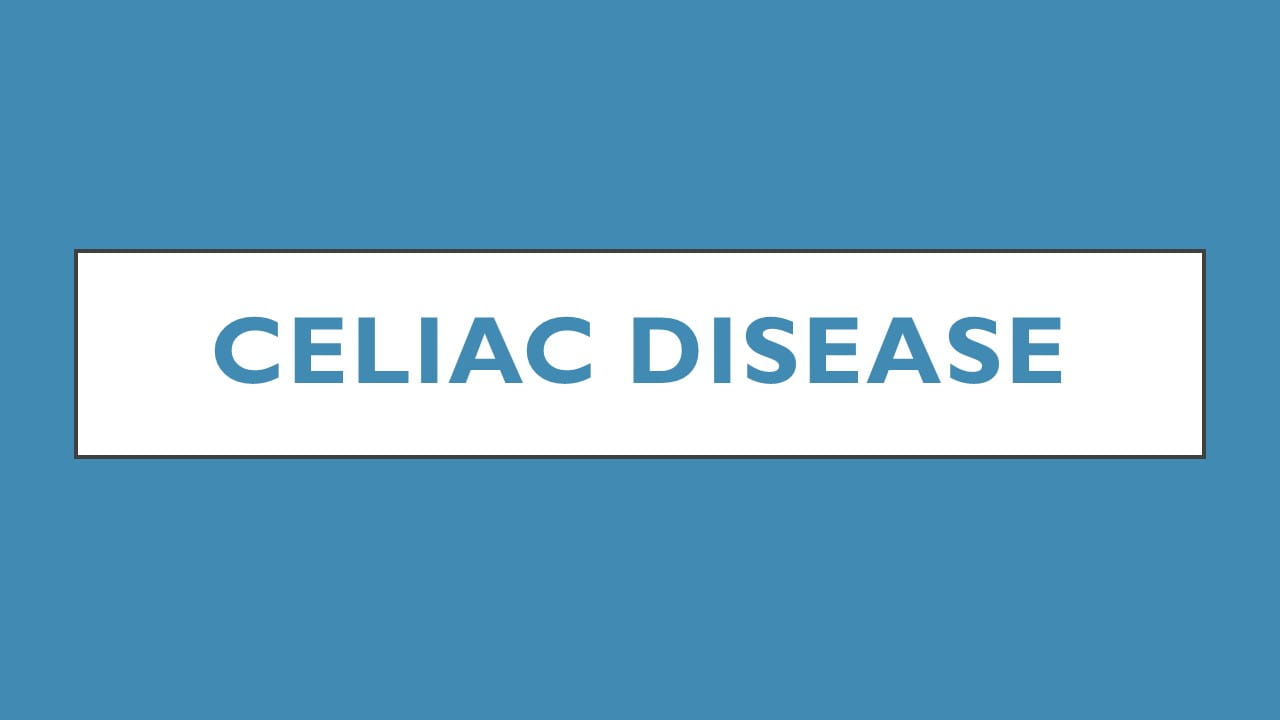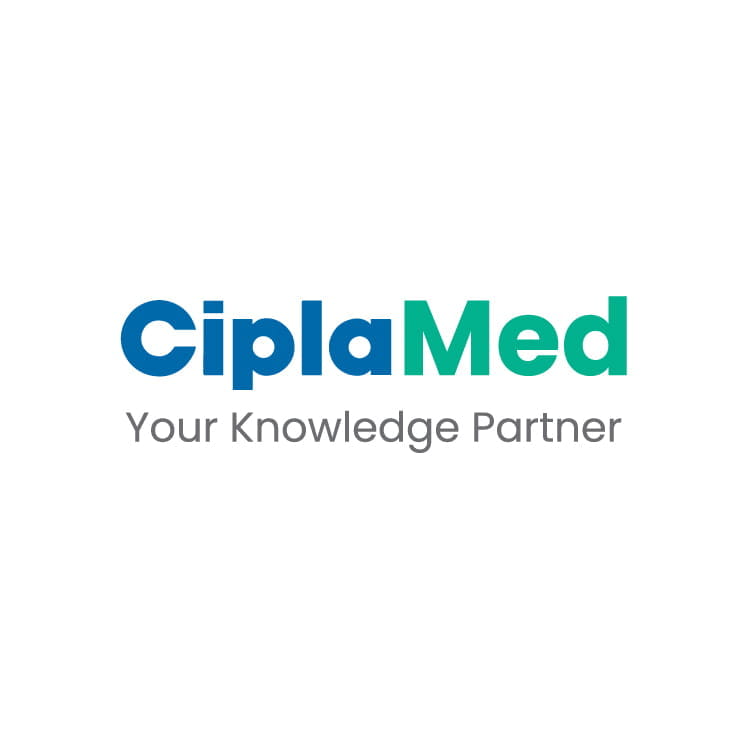Introduction:
The delivery of care for inflammatory bowel disease (IBD) was assessed across countries stratified by health care expenditure per capita (HCEPC) to identify disparities in diagnosis, treatment, and resource availability. Countries were grouped into three tiers based on HCEPC, with tier 1 representing the highest expenditure and tier 3 the lowest.
Methods:
A global survey targeting physician demographics, diagnostic approaches, and treatment practices in IBD was distributed. Responses from 425 physicians across 85 countries were analyzed. Countries were classified into three HCEPC tiers:
- Tier 1 (42%)
- Tier 2 (29%)
- Tier 3 (29%)
Results:
|
Parameter |
Tier 1 |
Tier 2 |
Tier 3 |
p-value |
|
Median HCEPC (USD) |
5,738 |
1,146 |
180 |
— |
|
Advanced IBD training (%) |
66% |
41% |
32% |
<0.0001 |
|
Practice in IBD specialty clinics (%) |
66% |
— |
33% |
<0.0001 |
|
High-resolution endoscopy availability |
81% |
73% |
55% |
<0.0001 |
|
Capsule endoscopy availability |
97% |
74% |
58% |
<0.0001 |
|
CT/MRI results within 2 weeks (%) |
59% |
— |
78% |
0.006 |
|
Colonoscopy result within 3 days (%) |
26% |
39% |
49% |
<0.0001 |
|
Willingness to address mental health |
Less frequent |
— |
More frequent |
0.008–0.001 |
|
Use of 5-ASA in Crohn’s disease |
Less common |
— |
More common |
— |
|
Availability of advanced therapies |
Higher |
— |
Lower |
— |
Although advanced imaging and biologics were more accessible in tier 1 countries, faster turnaround times for colonoscopy and cross-sectional imaging were reported more often in tier 3. Mental health was prioritized differently: while tier 1 physicians emphasized its importance, tier 3 respondents were more likely to actively screen and manage it themselves.
Conclusion:
Significant disparities were identified in IBD care across countries with varying healthcare spending. Tier 3 countries demonstrated reduced access to advanced diagnostics and biologics. Despite this, proactive mental health care was more commonly practiced in lower-tier settings. These findings support the need for standardizing IBD care globally to advocate for more equitable access and improved outcomes.
Digestive Disease Week 2025, May 3rd – 6th, San Diego




